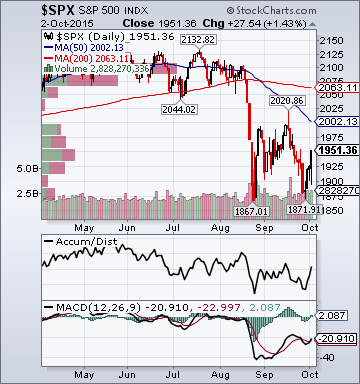Style Outperformer:
- Small-Cap Value +2.08%
- 1) Coal +9.29% 2) Gaming +3.95% 3) Oil Service +3.66%
- ONCE, ACOR, UVE, KN, LVS, BUFF, JOY, NAV, MU, GWR, FET, ANIP and DE
- 1) REC 2) THC 3) MAC 4) VRX 5) EMES
- 1) GE 2) HAL 3) JNPR 4) LMT 5) MCD
